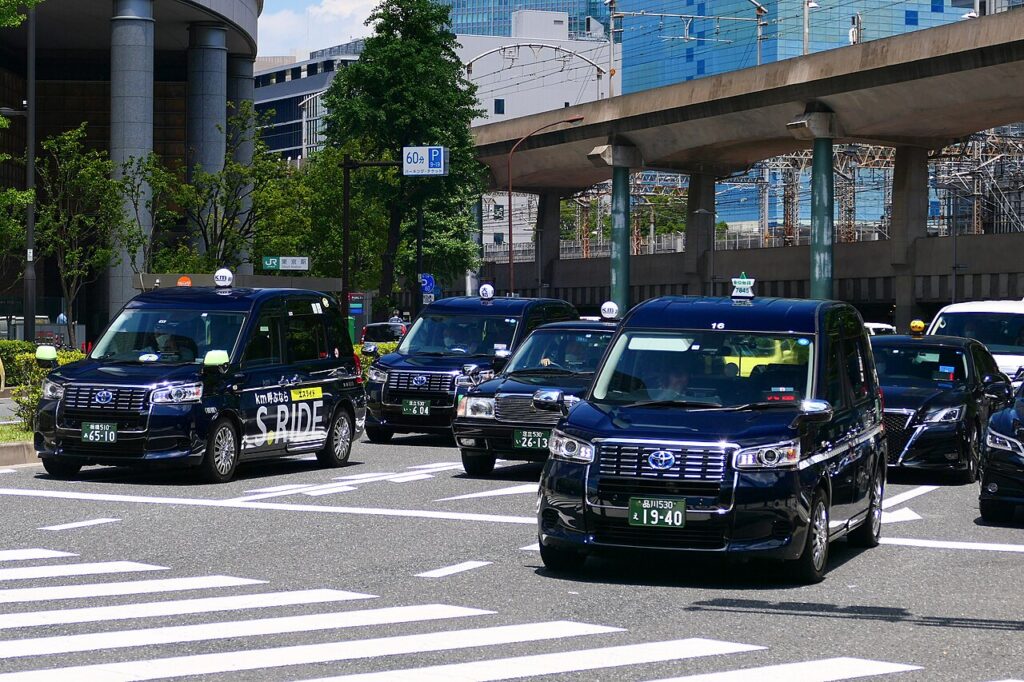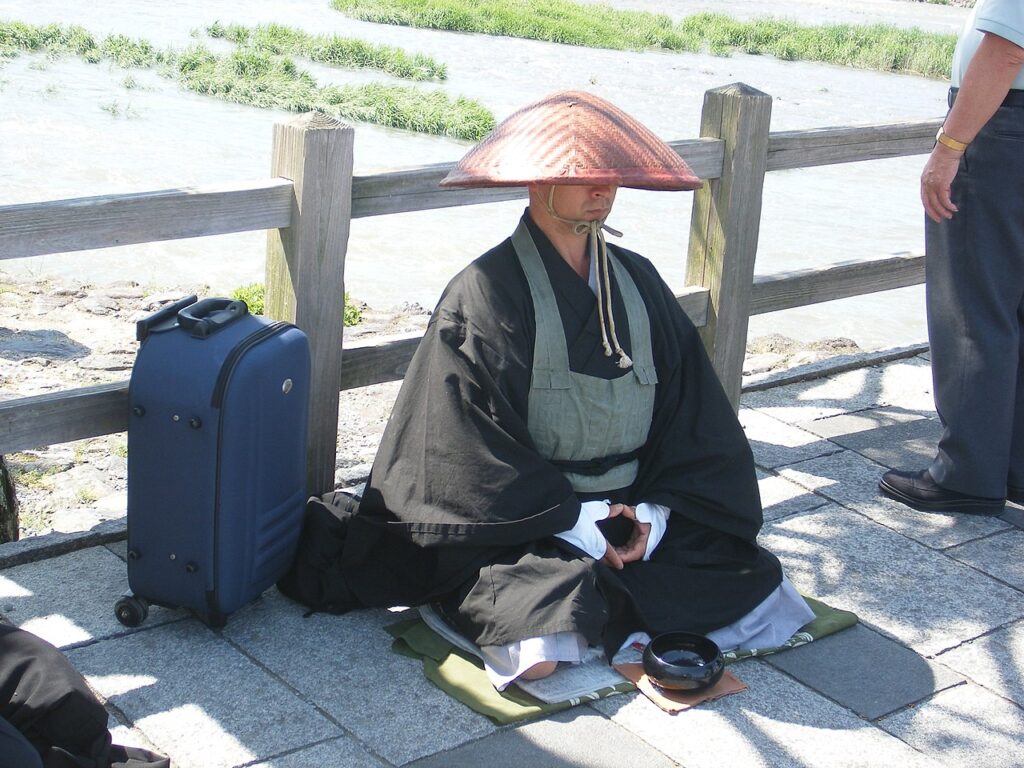In Japan, scams are still a fact of life–no matter how awesome the country itself is in general. And as a tourist, it is an unfortunate truth that you are the likely target of these scams. Being in an unknown country, you’d be surprised at how easily you could fall into these traps if you don’t know how to look for them.
But we at Howzit have your back! In this post, we will share several of the most common Japan scams. You’ll learn how to spot them and how to avoid them at all costs. So without further ado, let’s begin!
Overpriced ‘Tourist Traps’
First on this list are the most common kind of Japan scams–overpriced tourist trap areas. These are especially prevalent in tourism-heavy cities like Tokyo.
When in Tokyo, you should be wary of famous spots like these:
- Tsukiji Fish Market
- Omoide Yokocho and Golden Gai in Shinjuku
- Asakusa main street
In Tsukiji, beware of overpriced wagyu beef and seafood bowls. And in Golden Gai, it should be the bars that charge exorbitant extra fees on top of your drinks. Lastly, Asakusa main street also sells a ton of overpriced merchandise mostly intended for tourists who just doesn’t know better.
Good thing is, only locals can really guide you to areas where things are reasonably priced–especially for tourists. They don’t really fall victim to these “touristy” prices because they know where it’s really at. So don’t forget to give us a call and we’ll definitely be your local friends!
Japan Scams in Kabukicho Bars

Perhaps none of the Japan scams in this list can be as damaging (and maybe even dangerous) than bar scams in Kabukicho. Known as Tokyo’s preeminent Red Light District, this area has scammy bars that can squeeze you dry if you’re not careful!
The main way they do this is by hiring people who speak fluent English (often foreigners) to stand on the streets and try to convince you to come into a “secret bar” with great drinks and “reasonable prices”. They’ll be extremely friendly and chatty, and will also often try to target foreigners.
If they successfully convince you, they’ll lead you to a bar that is often secluded. You’ll be in there having a great time, sure, but then, here comes the bill. And you’ll learn that your drinks cost way, way more than you expected. You’ll likely be too tipsy to argue, and what’s worse, if you can’t pay, they’re not going to let you go easily!
When someone approaches you and they’re being too friendly, just say you’re not interested and move on! Only trust the recommendations of someone you personally know–like your local friends at Howzit!
Fake Taxis

Once more, these fake taxis often target tourists who won’t know better. Often, they try to pull off their scams at international airports like Haneda or Narita. You can also spot them lurking around popular tourist spots.
Licensed taxis will always have green plates with white letters on them. Remember: green plates with white letters. Fake taxis will have the reverse (white plates with green letters), which means it is illegal for them to take passengers.
Also, it’s worth noting that taxis in Japan are generally safe. But these fake taxis (called shiro taku or white taxis) can also put you in unsafe situations if you’re not careful. Not to mention, they’ll likely charge you way too much.
So to be safe, just use ride-sharing apps like Go, S.Ride, or even Uber if you need to take a taxi to your destination. Or just make sure to hail a legitimate taxi with the right license plate.
Fake Monks

Of all the Japan scams on this list, you’ll likely encounter fake Buddhist monks much less. But you still need to know that they are around, waiting to lure unsuspecting tourists in. Ueno and Asakusa, where the famed Senso-ji Temple is, could have these monks lurking around.
The thing is, it can be hard to spot a fake monk from a real one. They’ll have all the legitimate-looking clothes and mannerisms, for one. But you’ll find it easier to call them out when they charge extremely high fees for their “gifts,” like a bracelet, a coin, or a “sacred amulet.” They can ask for “donations” as much as 10,000-20,000 yen for even the tiniest trinkets!
Fortunately, it’s simple to avoid this. Just say no to free stuff! Nothing is for free these days, everyone knows that. And most important of all, a real monk is never going to do this. Ever.
Stay Safe from Common Japan Scams!
There you have it–the most common Japan scams that you need to watch out for. Here’s hoping this could protect you and make sure your trip is a truly amazing one!
No responses yet